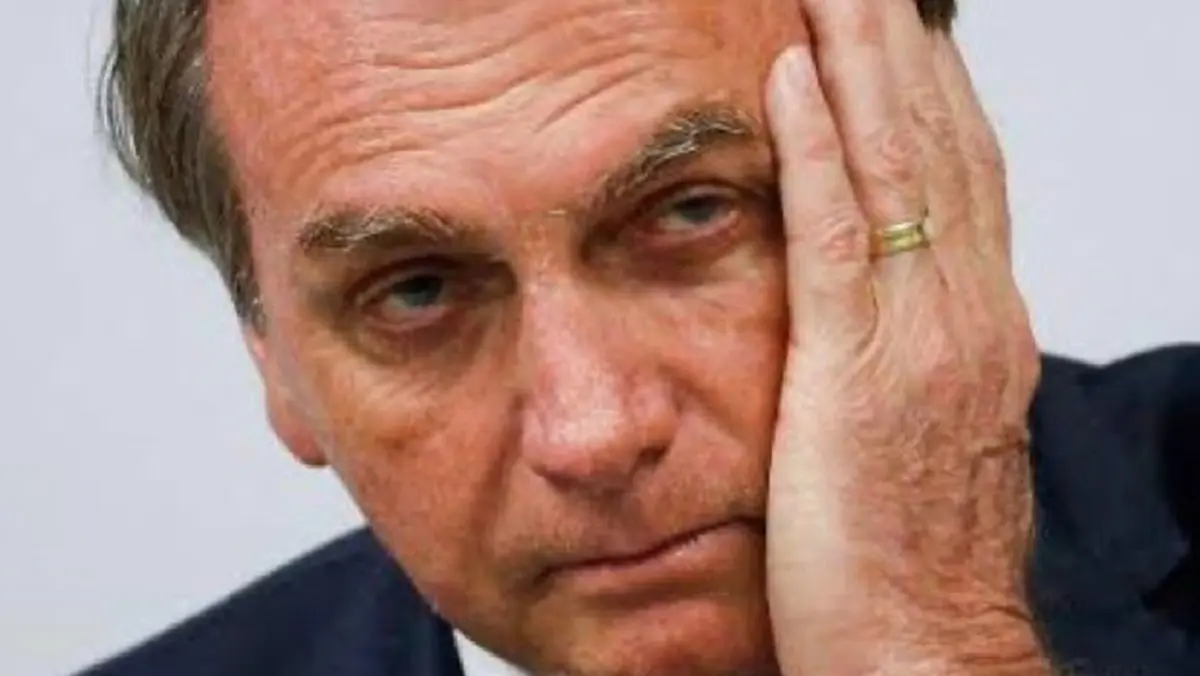Lula’s Candidate for Brazil’s Central Bank Pledges to Fight Inflation

Central Bank of Brazil, 2024. X/ @economicnewsbr
October 8, 2024 Hour: 10:52 am
What ensures the citizens’ well-being is monetary stability and inflation control, said Gabriel Galipolo.
On Tuesday, economist Gabriel Galipolo, who was nominated by President Lula da Silva to head the Central Bank of Brazil, committed to maintaining a “permanent” fight against inflation and defending the autonomy of the institution.
RELATED:
Brazilian Landless Workers Score Important Victories in Municipal Elections
Galipolo appeared before the Senate’s Economic Affairs Committee, the institution responsible for an initial review of his nomination, which will later be analyzed by the full Senate.
He emphasized the role of the Brazilian Central Bank, which has been autonomous since 2021, as the “guardian” of monetary stability and inflation control, which is “what ensures the well-being of citizens.”
This 42-year-old economist became Deputy Finance Minister in January 2023, when President Lula da Silva took office. In May of that year, he was appointed Director of Monetary Policy at the Central Bank.
Currently, the institution is led by Roberto Campos Neto, who was appointed by the far-right former president Jair Bolsonaro and whose term will end on December 31.
Campos Neto has implemented a strict monetary policy with high interest rates to control inflation, which has been the target of constant criticism from Lula, who argues that the high rates are constraining economic growth.
In mid-2023, interest rates reached 13.75 percent, and the Central Bank gradually reduced them to 10.5 percent, only to raise them again to 10.75 percent in September. According to the Lula administration, this rate remains too high for a country with inflation around 4 percent and an economy expected to grow by about 3 percent this year.
teleSUR/ JF Source: EFE






